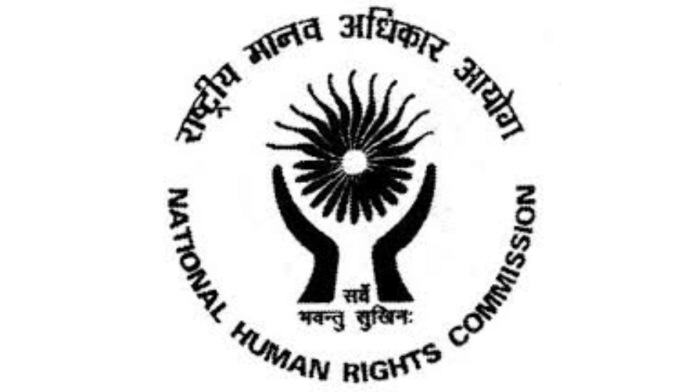NHRC, India Acting Chairperson, Smt Vijaya Bharathi Sayani, emphasized the need for targeted efforts and regulatory frameworks to address issues like long working hours, financial strain, and physical exhaustion faced by gig workers. The discussion highlighted that over 83% of app-based drivers work more than 10 hours daily, leading to physical and mental strain. This strain is exacerbated by policies like “10-minute deliveries and unrealistic targets,” which also result in avoidable accidents. Women gig workers face additional challenges, including safety risks, erratic schedules, and physical demands, Sayani noted.
NHRC, India Secretary General, Shri Bharat Lal, stressed the importance of implementing existing laws, such as the Social Security Code 2020, to ensure the welfare of gig workers. He noted that states such as Karnataka, Rajasthan, and Jharkhand are prioritizing social security for gig workers but must do more to address their other major concerns: health insurance, minimum wages, and stress-free working conditions that protect their dignity.
The discussions were divided into three technical sessions, “Informality of the Gig workers’ social security benefits and their legal ambiguity,” “Deprivation of health, mental health, safety and security of gig workers,” and “Gender disparity and financial instability for women gig workers,” a PIB release noted.






